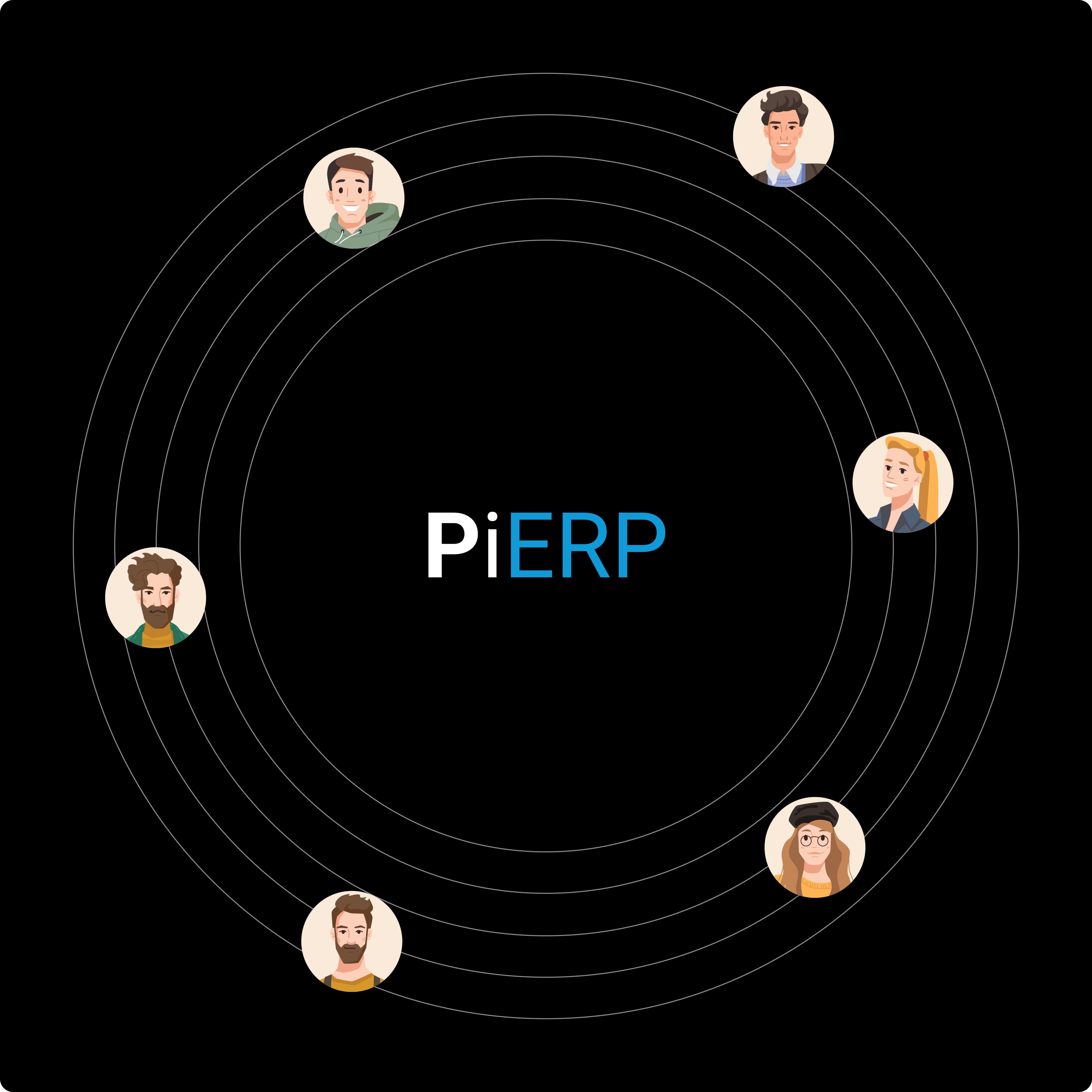Sales are crucial for any business, but achieving steady growth in today’s competitive market can be tough. Sales teams face many challenges, such as managing customer relationships, coordinating with other departments, and keeping track of complex sales processes. These challenges can feel overwhelming, but Sales CRM ERP software can help. This software merges the strengths of Customer Relationship Management (CRM) and Enterprise Resource Planning (ERP) into a single, cohesive platform, delivering robust solutions to tackle these common challenges. Here’s how Sales CRM ERP software can help businesses overcome sales challenges and succeed.
Common Sales Challenges
Before we look at how the software helps, let’s understand some common challenges sales teams face:
- Managing Customer Relationships:Building and maintaining strong relationships with customers is key to sales success. But as the customer base grows, it can be hard to keep up. Sales teams need to track interactions, follow up on leads, and meet customer needs quickly.
- Working with Other Departments:Sales don’t happen in isolation. Sales teams need to work closely with other departments like marketing, finance, and inventory management. If these teams aren’t in sync, it can lead to delays, mistakes, and missed opportunities.
- Tracking Sales Processes:Sales processes can be complex, with multiple stages from generating leads to closing deals. Without proper tracking, sales teams might lose leads or miss follow-ups, resulting in lost sales and revenue.
- Handling Data:Sales teams deal with a lot of data, from customer info to sales metrics. Managing this data and making sense of it is crucial for making smart decisions. But without the right tools, this can be a slow and error-prone process.
- Scaling Operations:As businesses grow, their sales processes become more complex. Sales teams need to adapt to these changes and scale their operations effectively. But scaling without the right tools can lead to inefficiencies.
How Sales CRM ERP Software Helps
Sales CRM ERP software addresses these challenges by combining CRM and ERP functions into one platform. Here’s how it works:
- Centralized Customer Management:The software keeps all customer data in one place, making it easy for sales teams to manage relationships. This includes contact details, communication history, and purchase records. With everything in one system, sales teams can interact with customers more effectively and follow up promptly. The software also automates routine tasks like sending reminders and scheduling meetings, allowing sales teams to focus on building stronger customer connections.
- Better Team Coordination:Sales CRM ERP software ensures that all departments are connected and working together. For example, when a sale is made, the software automatically updates the finance department for invoicing and the inventory team for order processing. This reduces errors, speeds up processes, and ensures customer satisfaction. Shared dashboards and real-time updates in the software help teams stay aligned and focused on common goals.
- Streamlined Sales Processes:The software helps manage and track every stage of the sales process. Sales teams can create customized sales pipelines, automate workflows, and monitor progress in real time. This ensures that no leads are lost and that follow-ups happen on time. Sales managers can also use the software to track team performance and make necessary adjustments to improve results.
- Easy Data Management and Insights:Sales CRM ERP software centralizes all sales data, making it easy to manage and analyze. The software includes tools for generating reports and tracking key performance indicators (KPIs), helping sales teams understand customer behavior and sales trends. With these insights, sales teams can make informed decisions and refine their strategies for better outcomes.
- Scalability and Flexibility:As Businesses Expand, Sales Processes Become More Complex. As Businesses Expand, Sales Processes Become More Complex. This ensures that your sales operations stay efficient, no matter how large your business becomes. The software is also customizable, so it can be tailored to fit the specific needs of any business, whether it’s a small startup or a large enterprise.
The Benefits of Sales CRM ERP Software
By solving these challenges, Sales CRM ERP software offers many benefits:
- Improved Sales Performance:The software helps sales teams work more efficiently, close deals faster, and increase revenue.
- Stronger Customer Relationships:Centralized data and automated follow-ups help sales teams build better relationships with customers, leading to higher satisfaction and loyalty.
- Greater Efficiency:By connecting all departments, the software reduces errors and speeds up processes, improving overall efficiency.
- Data-Driven Decisions:The software’s reporting tools provide valuable insights, allowing sales teams to make smarter decisions and optimize their strategies.
- Support for Growth:The software scales with your business, ensuring that your sales operations remain effective as you grow.
Conclusion:
Sales CRM ERP software is a powerful tool that can help businesses overcome common sales challenges. By centralizing customer information, improving team coordination, streamlining sales processes, and providing valuable insights, the software enables sales teams to work more effectively, build stronger customer relationships, and drive business growth.
Whether you’re a small business looking to improve your sales operations or a large enterprise seeking to optimize complex sales processes, Pi ERP Sales CRM ERP software offers the tools you need to succeed in today’s competitive market. By implementing this software, you can overcome sales challenges and set your business on the path to long-term success.






